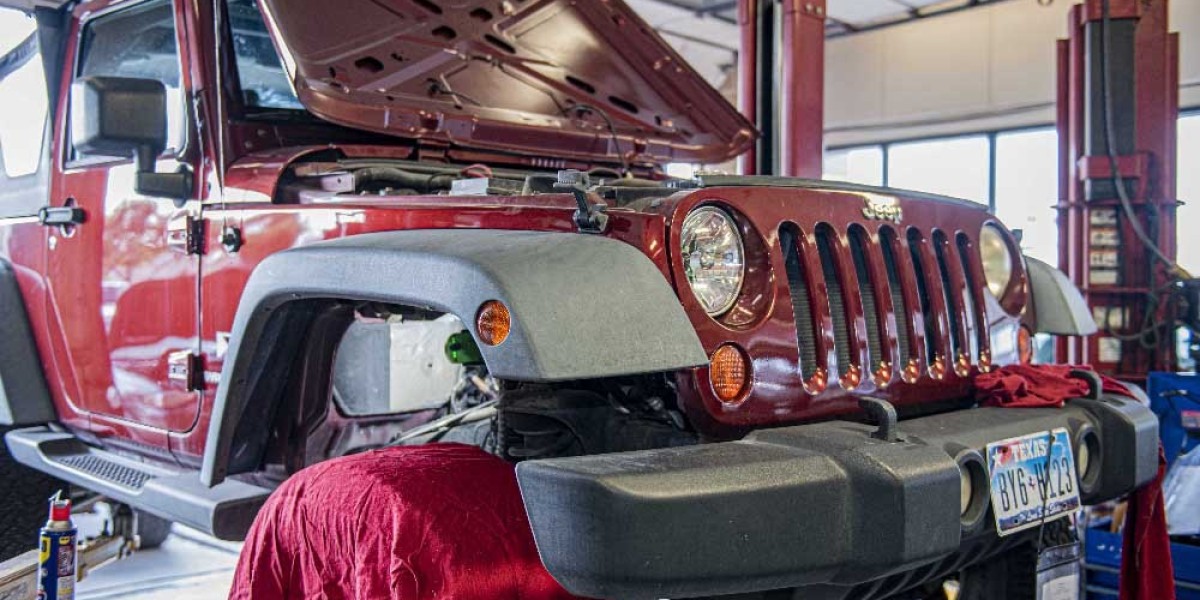Introduction
Your vehicle's engine is the beating heart of your car, responsible for converting fuel into power and propelling you down the road. Regular engine service is essential to ensure the longevity and optimal performance of your vehicle. In this comprehensive guide, we will explore the various aspects of engine service, from routine maintenance to common problems and their solutions.
I. Routine Engine Maintenance
Oil Changes One of the most critical aspects of engine maintenance is regular oil changes. Engine oil lubricates the moving parts of the engine, reducing friction and heat. Over time, oil breaks down and becomes less effective, potentially leading to engine damage. Follow your manufacturer's recommendations for oil change intervals, usually every 3,000 to 5,000 miles.
Air Filter Replacement The air filter in your engine prevents dust, dirt, and debris from entering and potentially damaging the engine. A clogged air filter can reduce airflow, affecting performance and fuel efficiency. Regularly inspect and replace the air filter as recommended by your vehicle's manual.
Spark Plug Maintenance Spark plugs play a crucial role in igniting the fuel-air mixture in the engine cylinders. Worn or fouled spark plugs can lead to reduced fuel efficiency and poor performance. Check your spark plugs regularly and replace them as needed.
Cooling System Service Overheating is a common cause of engine damage. Regularly check the cooling system, including the radiator, coolant levels, and hoses. Proper cooling system maintenance can prevent costly engine repairs.
II. Diagnosing Engine Problems
Warning Lights Modern vehicles are equipped with a variety of warning lights that can signal potential engine issues. The check engine light is a common one to watch for. When it illuminates, it's essential to have your vehicle diagnosed by a professional mechanic to determine the underlying problem.
Unusual Noises Strange noises from your engine, such as knocking, rattling, or hissing, can indicate problems. A knocking sound could signal issues with the engine's bearings, while a hissing noise might suggest a coolant or exhaust leak. Address unusual noises promptly to prevent further damage.
Reduced Performance If your vehicle experiences a significant reduction in power, acceleration, or fuel efficiency, it may be due to engine issues. A decrease in performance can be caused by a range of problems, from fuel system issues to exhaust problems.
Excessive Exhaust Smoke The color of the smoke coming from your vehicle's exhaust can provide clues about engine problems. Blue smoke may indicate oil burning, while black smoke can point to a rich fuel mixture. White smoke may be a sign of coolant or head gasket issues.
III. Common Engine Problems and Solutions
Overheating Overheating can cause severe engine damage. If your engine temperature gauge climbs into the red zone, pull over immediately and turn off the engine. This could be due to a coolant leak, a malfunctioning thermostat, or a failing water pump. Have the issue diagnosed and repaired promptly to prevent further damage.
Oil Leaks Oil leaks can lead to a loss of engine lubrication, potentially causing engine damage. Common areas for oil leaks include the oil pan gasket, valve cover gasket, and oil filter. Regularly check for oil spots under your vehicle and have any leaks addressed.
Timing Belt or Chain Issues The timing belt or chain is responsible for synchronizing the movement of the engine's internal components. If it fails, it can cause severe engine damage. Follow your manufacturer's recommended replacement interval for the timing belt or chain to prevent costly repairs.
Electrical Problems Modern engines are equipped with complex electrical systems. Problems with sensors, ignition systems, or the engine control unit (ECU) can lead to performance issues. Diagnosing and repairing electrical issues often requires the expertise of a skilled mechanic.
Conclusion
Proper engine service is essential for the longevity and performance of your vehicle. Regular maintenance, prompt diagnosis of problems, and timely repairs can help prevent costly engine damage and ensure that your car runs smoothly for years to come. Always follow your manufacturer's recommended maintenance schedule and consult with a professional mechanic when facing engine issues. Taking care of your engine is like taking care of the heart of your vehicle, ensuring that it continues to power your journeys with reliability and efficiency.



